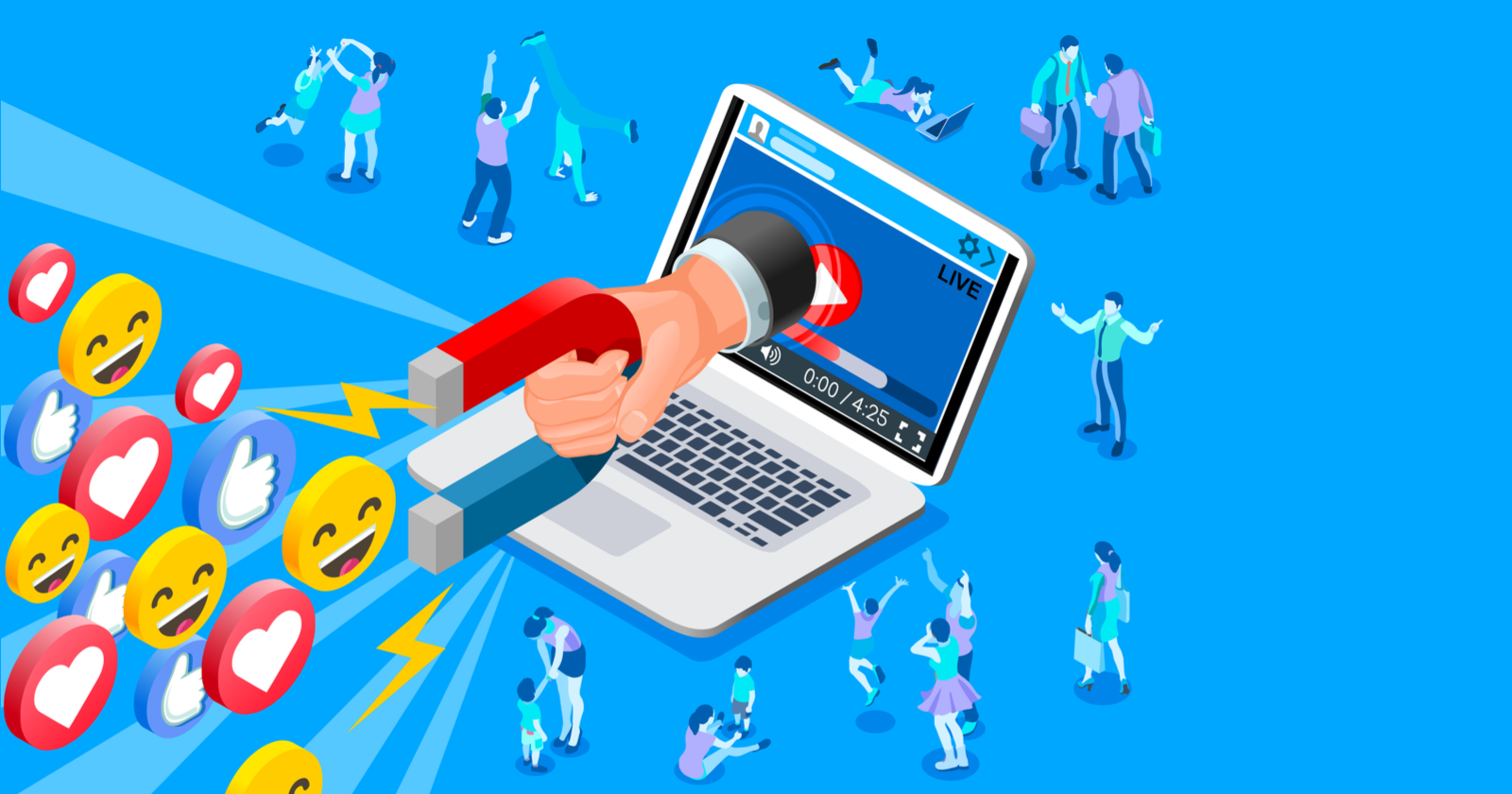Hello!
It’s one thing to create an ecommerce conversion strategy — it’s another thing to make it good.
 You’ve probably heard the popular phrase: “build it and they will come.” While this is true to some degree, the fact is that purchase conversions don’t happen by accident. Customers are intentionally searching for products online, following a buyer’s journey, and ultimately clicking “add to cart” by the end of the day.
You’ve probably heard the popular phrase: “build it and they will come.” While this is true to some degree, the fact is that purchase conversions don’t happen by accident. Customers are intentionally searching for products online, following a buyer’s journey, and ultimately clicking “add to cart” by the end of the day.
If your conversion rate is lower than you’d like, it may not be due to one singular factor. In fact, it could be because of some missed opportunities in your marketing schema.
Just how important is ecommerce optimization, and is there really a better way to position your products for buyers? The quick answers: yes and yes.
What Is an Ecommerce Conversion Rate?
Otherwise known as CRO, a conversion rate one of the most important ecommerce metrics, which shows the percentage of people who take a desired action within a certain period of time.
These leads are following your CTAs from start to finish, whatever they may be. For ecommerce sellers in particular, CRO primarily consists of sales made from an online store.
 However, there are many other situations where you might want to measure conversion KPIs, including:
However, there are many other situations where you might want to measure conversion KPIs, including:
- Adding a product to cart
- Wishlist actions
- Signing up for emails or newsletters
- Number of shares on social media
- Number of product reviews
The average purchase conversion rate of an ecommerce site is roughly 2.86%. That’s less than 3 out of every 100 people. You can calculate yours by dividing the number of product conversions with the average number of visitors.
If the resulting percentage isn’t what you want it to be, it’s time to start looking at a new conversion strategy (or five).
How To Increase Conversion Rate Ecommerce: 5 Simple Strategies
Let’s take a look at a few vetted strategies that will make your ecommerce optimization really shine.
1. Enhance Your Landing Page
This is something we’ve written about before, but we really want to reiterate it again. Nailing the copy on your landing page is absolutely essential to nurturing your leads.
 Try to:
Try to:
- Highlight your product within a particular lifestyle;
- Make some statements of value — be clear and direct, not cute;
- Explain why your product is better than others (its USP, or Unique Selling Point);
- Add high quality pictures and videos.
Check out our list of great ecommerce landing page examples to get a better feel of your possibilities.
2. Boost Your Facebook Ads Funnel
Better ads equal better ROI. Reevaluate your social media ads across platforms, especially Facebook. If you don’t have any Facebook ads yet, now is a good time to get started!
 Try to envision the buyer’s journey throughout your ads. You’ll have an upper funnel for introductions, a middle funnel for clients who are interested in your product, and a lower funnel for those ready to buy.
Try to envision the buyer’s journey throughout your ads. You’ll have an upper funnel for introductions, a middle funnel for clients who are interested in your product, and a lower funnel for those ready to buy.
Construct ads that follow each level of the funnel, and remain strictly within those parameters. Look for ways to remarket to previous customers, treating them like middle-funnel customers.
You might be surprised how much traction you get from just a few strategic changes in demographic targets!
3. Optimize Your Entire Website
If you were the buyer, wouldn’t you want your seller to seem professional and competent? If your website seems iffy to prospective customers, chances are they’ll leave pretty quickly – without saying goodbye.
The UX of your site needs to be picture-perfect for the end-user. In other words, you’ll need to make things as smooth, simple, and succinct as possible to get a sale.
 Here are a couple of ways to boost your ecommerce conversion rate with great, checkout-friendly website design:
Here are a couple of ways to boost your ecommerce conversion rate with great, checkout-friendly website design:
- Mobile-friendly page layouts
- Faster loading times
- Return, shipping, and legal policies
- Easy checkout processes
It’s best to use all these together to get the best possible optimization.
4. Better Keyword Research
If you don’t know exactly what your customers are searching for online, you’re going to have a much harder time marketing your product. Keywords are a huge part of your ecommerce conversion rate, especially when working in a niche industry.
 Ecommerce SEO keyword research should start with:
Ecommerce SEO keyword research should start with:
- Google Trends or the Google search bar (you’d be surprised how many hidden gems can be found with a simple search)
- Keyword aggregate tools like Answer the Public or SEMrush
- Understanding your competition levels
- A/B Testing with various layouts
Spending time getting to know both your customers and what they’re searching for will pay dividends in the end.
Just make sure to only apply keywords when and where you need them, and refrain from “stuffing” your content (that is, overusing keywords to the point where it becomes clear you’re just repeating the terms, rather than providing any value in content).
5. Use Ecommerce Conversion Rate Tools
 Discovering underlying reasons for low conversion rates may be a good task for data crawlers. Plenty of online tools (some of them free) can help troubleshoot why your products aren’t making it to checkout.
Discovering underlying reasons for low conversion rates may be a good task for data crawlers. Plenty of online tools (some of them free) can help troubleshoot why your products aren’t making it to checkout.
Work smarter, not harder, by harnessing the power of ecommerce optimization tools in your overarching strategy.
Below are a few of our favorite tools:
- Google Analytics will check your ecommerce content for traffic size, visitor types, and keyword rankings.
- Quantcast Measure provides you with unique demographics information.
- HotJar provides heatmaps and recordings of consumer behavior to help evaluate UX.
There are plenty of other tools available if you need them. However, these three will give you a great place to start (all for free, too).
Other Methods of Ecommerce Optimization
There are countless ways to get a higher ecommerce conversion rate, although not all strategies end with immediate results. However, meshing everything together will almost certainly add a nice polish to your numbers moving forward.
 Use these helpful tips to boost your preexisting ecommerce optimization strategy.
Use these helpful tips to boost your preexisting ecommerce optimization strategy.
- Write up a better return policy that includes clear verbiage, return labels, and cost refunds.
- Offer online tech support to visitors through a chat form, hotline, or FAQ.
- Use exit popups correctly to net another 2 to 4% of exiting customers.
- Offer free shipping (if possible for your niche).
- Make security the overarching priority for your site and checkout process.
Also read:
- QUASA NFT UNIVERSE
- How to increase Site speed to improve SEO results
- How Parental Control Apps Can Support Healthy Digital Media Use
Thank you!
Join us on social media!
See you!






